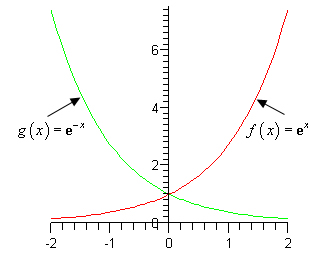From this I know we will only inherit some genetic informations from parents, which is about 50 percent. But the problem is, gene has finite size, after some generations a person leaves only $0.5 \times 0.5 \times 0.5$ parts of genes to the offsprings, and it will be casted into zero. My question is, how long does it required for a person to lose all genetic information in the world?
2 Answers
I think your question conveys some misunderstanding.
A child is related to each parent by a factor of ½. Humans have a diploid genome, meaning they have two copies of each chromosome (see: autosome). When two humans reproduce, they each contribute one copy of each chromosome to the offspring, in other words, they contribute a haploid genome to make a diploid child. Genetic information is not "lost" - the genome is not shrinking by a factor of ½ every generation.
However, relatedness does decrease from generation to generation. You are related to each of your parents by a factor of ½, each of your grandparents by a factor of ½ $\times$ ½, your great-grandparents by a factor of ½ $\times$ ½ $\times$ ½... You are also related to your children by a factor of ½, you are related to your grandchildren by a factor of ½ $\times$ ½... You get the picture, right?
For example, imagine the genome carries just one gene. Your father carries alleles $AA$ at that locus, and your mother $aa$. You would then be $Aa$ and, because half of your alleles came from your father and the other half from your mother, be related to each by a factor of ½, but all three of you have the same number of genes (1) and that gene is the same length (in nucleotides, barring mutations) in all three.
-
$\begingroup$ But at some point, your offspring will have increased in number to the point that they're a significant fraction of the population, and will start mating with each other. So if two of your great-great-grandchildren marry (each 1/16 of your genes, if I counted right), their offspring have 1/16 + 1/16 = 1/8 of your genes, not 1/32, no? $\endgroup$– jamesqfCommented Mar 23, 2016 at 17:55
-
$\begingroup$ @jamesqf Right idea, but the fractions add up a little differently. Two of your great-great-grandkids marrying would each provide 1/2 of the 1/16 of your DNA they have, giving their progeny 1/16 of your DNA still. If two of your children, each with 1/2 of your DNA, were to have kids (gross, I know), the child would have 1/2 of your DNA, and not be your genetic clone (100% of your DNA). $\endgroup$ Commented Oct 9, 2017 at 17:53
I feel rg255 answered your question very well, however my mind snapped to an exponential relationship, which is part of what I feel your asking and what rg255 has said (but I have a pretty picture to add).
An exponential graph illustrates the relationship you are speaking of where a substance is infinitely divided by itself.
In this way it will never reach zero. It will inevitably and exponentially shrink but not disappear.

